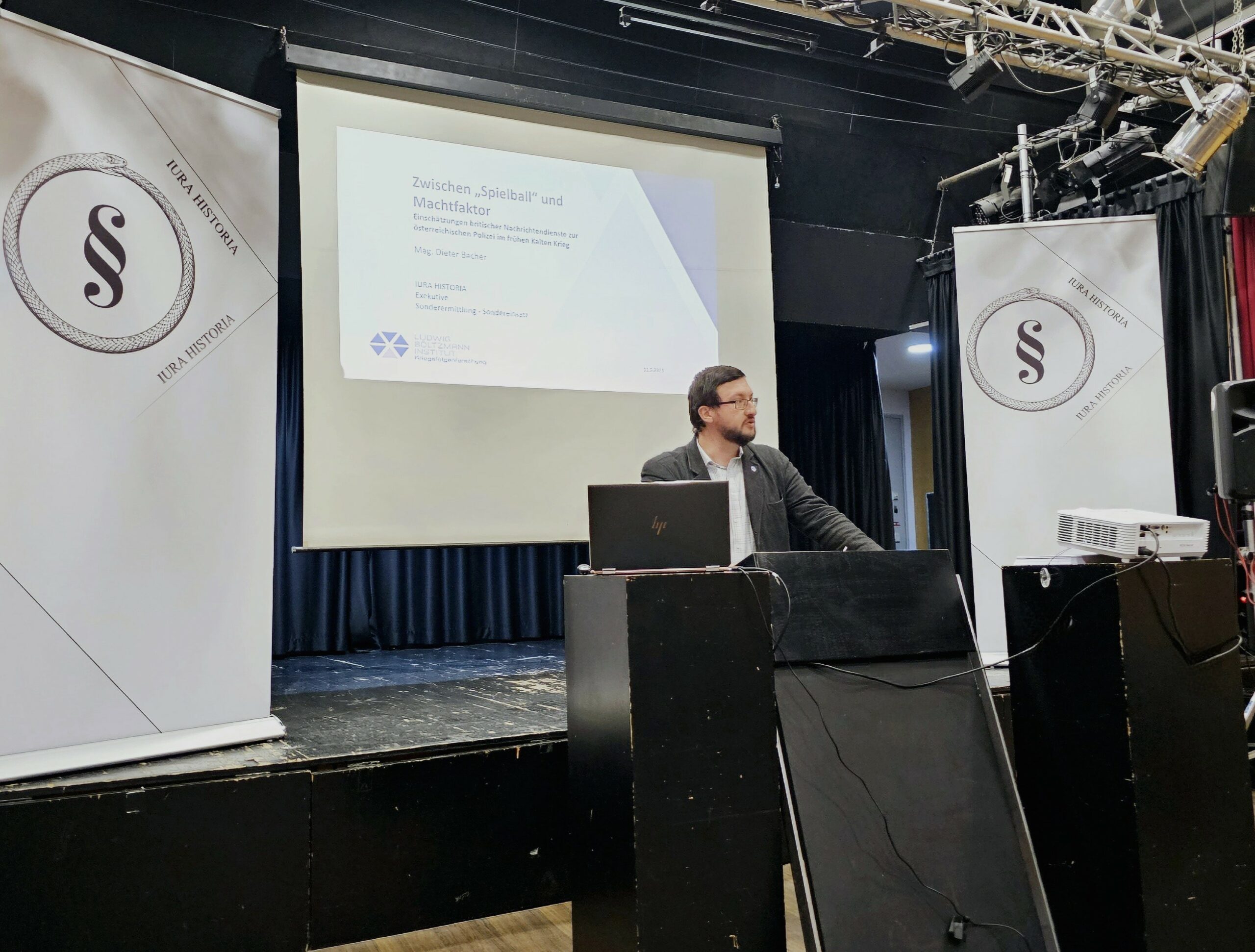„Intelligence, Conflict and Democracy“ bei der Summer School Seggau
04 Jul 2023, 09:00 – 04 Jul 2023, 12:30
Schloss Seggau, Seggauberg 1, 8430 Leibnitz
Passend zum Titel der diesjährigen Graz International Summer School Seggau „Conflict, Challenge, and Change: State – Society – Religion“ werden Dieter Bacher und Thomas Wegener Friis am Dienstag, den 4. Juli einen interaktiven Workshop zum Spannungsfeld rund um Geheimdienste, Konflikte und Demokratie abhalten.
- Was sind die Methoden und Möglichkeiten von Nachrichtendiensten, um Konflikte zu bewältigen?
- Wie unterscheiden sich diese Möglichkeiten und Methoden in demokratischen und autokratischen Systemen?
- Und wie viel Geheimhaltung braucht ein Geheimdienst in einem demokratischen System, das mit einem Konfliktszenario konfrontiert ist, wirklich?
Abstract zum Workshop von Dieter Bacher und Thomas Wegener Friis:
Workshop „intelligence, conflict and democracy“
Political and military crisis presents a special challenge for both civilian and military intelligence services. They played and play a significant role in warning/prevention, observation and impact assessment of conflicts. The tasks here are manifold, like, for foreign intelligence, the need of evaluation a changing situation on a nearly daily basis, reviewing threat scenarios, developing proper recommended courses of action and communicating them to political and military stakeholders. Additional to these tasks, matters of domestic intelligence and security are relevant as well, like monitoring manifold threats for the own territory and society. And, depending on situation and interests, they can also take a more “active” part, like preparing and conducting clandestine and covert actions.
In the context of democracy, the relation between intelligence and conflict gains an additional dimension regarding assessing, decision-making and control: Like in other scenarios, questions rise about control mechanisms of intelligence or non-confidential access to collected information and estimations (both can be seen in the context of the current Russo-Ukrainian war).
This workshop wants to put a spotlight on the roles of intelligence in the contexts of democracy and conflict, from a historical point of view, but with deductions and estimations for present scenarios. On the basis of explanations of the role and methods of intelligence and examples from contemporary history, several questions can be subject of the discussion, like: What are the methods and possibilities of intelligence to cope with conflicts? How do these methods and possibilities differ between democratic and autocratic systems? And how much secrecy does intelligence really need in a democratic system confronted with a conflict scenario?
